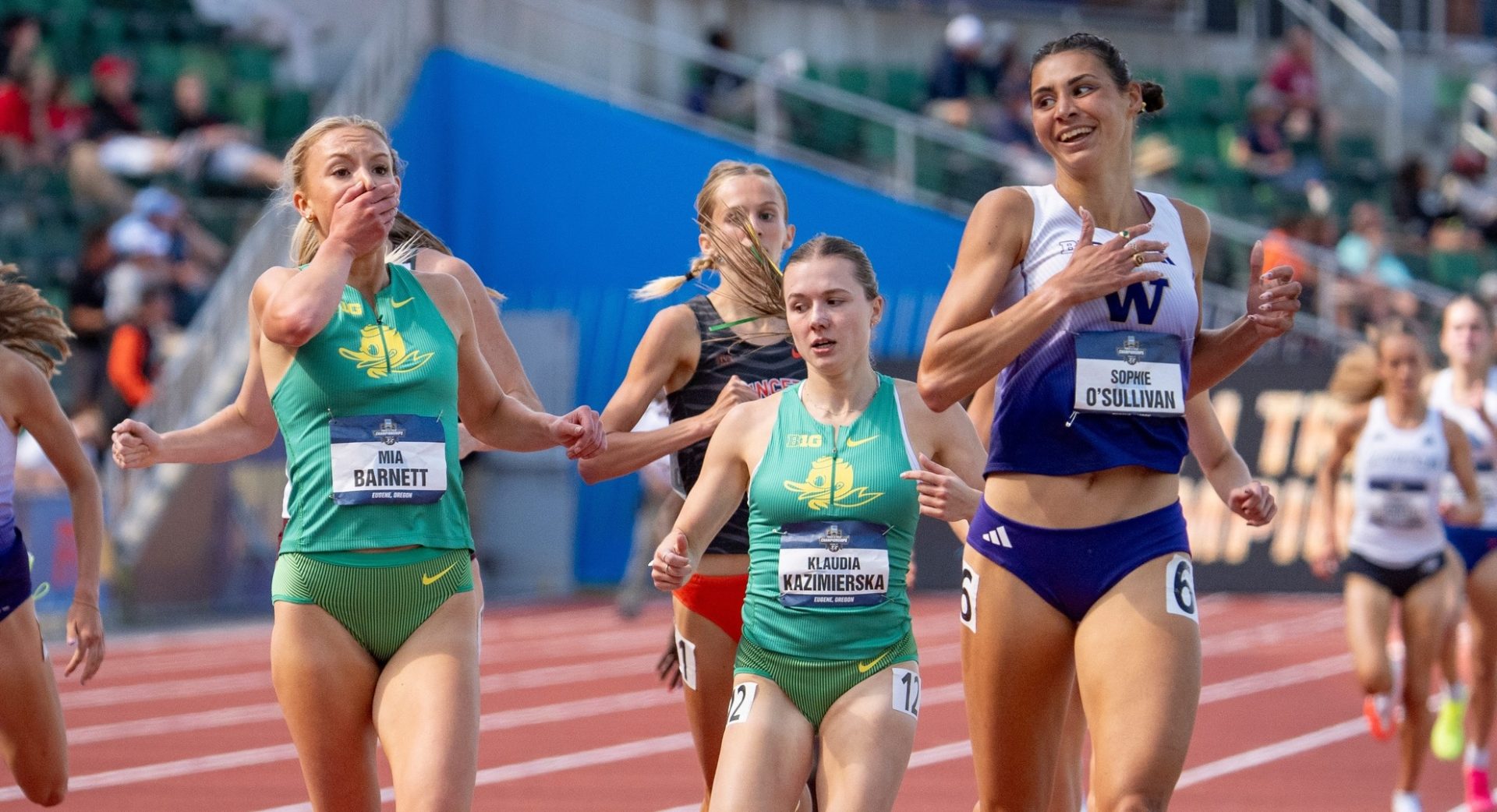Three weeks ago, the College Sports Commission—the new enforcement entity created by power conferences to enforce the House v. NCAA settlement—issued guidance suggesting NIL collectives may not be able to operate at all.
On Thursday, the CSC completely reversed course.
The CSC released new guidance saying NIL collectives will be allowed to pay players, but cautioned that they still must follow several regulations related to how much money they pay players and their business purpose.
The upshot: NIL collectives will still play a pivotal role in recruiting, given that all schools are capped at $20.5 million in revenue-sharing payments. Any collective deals that go above and beyond that cap could help sway players, even if the deals themselves are tied to NIL activities like autograph signings or social media posts.
“Collectives are permitted to enter into NIL agreements directly with student-athletes as long as the NIL deals comply with the terms of the settlement,” House plaintiff lawyers Steve Berman and Jeffrey Kessler said in a statement. “With this new guidance, student-athletes can now devote more of their energy to their sport, knowing that the House settlement provides that NIL opportunities from collectives can be available to them as long as the NIL deals comply with the settlement terms.”
(Front Office Sports reported last week that the framework for a basic agreement had been reached between power conference lawyers and House plaintiff attorneys that NIL collectives couldn’t be singled out, and had to be treated like any other business.)
On July 10, the CSC released rules that suggested no NIL collective deals would be approved. The idea: to prohibit collectives from offering pay-for-play deals above and beyond the $20.5 million in rev-share.
The news prompted backlash not only from collectives but also from the attorneys for athletes in the House settlement, who forced conferences back to the negotiating table that resulted in this new guidance. Up until that point, many collectives were under the impression that they could pay players for things like attending autograph signings, participating in collective-run merchandise sales, and offering exclusive content created by the collective.
Now, collectives can offer players deals so long as those deals are for a valid business purpose “related to the promotion or endorsement of goods or services provided to the general public for profit,” the CSC wrote on its website. The amount of money they offer must also be fair-market value, rather than “pay-for-play in disguise,” in the words of CSC CEO Bryan Seeley. All deals over $600 will still have to be submitted through NIL Go, the clearinghouse created by Deloitte as part of the settlement .
The CSC is also re-evaluating deals that were rejected under the previous guidance, according to a memo sent to athletic directors and obtained by FOS. The July 10 guidance came after any athletes had either received denials of NIL collective deals, or hadn’t heard back at all.
The Collective Association, which represents dozens of power conference and other D-I collectives, called the new guidance “a significant step forward for student-athletes and the collectives that support them” in a statement to FOS. “By eliminating unnecessary roadblocks, this agreement moves us closer to treating NIL collectives like every other legitimate business operating in the college sports ecosystem.” They added: “We’re especially encouraged by the potential to better support all athletes, including those in non-revenue and Olympic sports who may not benefit from revenue-sharing models.”
What remains uncertain, however, is precisely what bar the deals need to clear. Collectives can serve as marketing agencies for players, acting as middle men between brands and players, the memo said. It also said that deals must be offered for profit, suggesting that nonprofit collectives, already a dying breed, will not be able to operate in this new structure.
“I think we all knew the CSC made a mistake when they put out the last guidance,” one collective operator told FOS. “A lot of ‘collectives’ have changed how they operate to become more of media companies or agencies than what the public thinks of as a collective.”
But that operator doesn’t think this is the end of the road for the war between the CSC and collectives. “The next hurdle and/or litigation is going to be when submitted deals are rejected because they don’t fit the compensation range provided by Deloitte.”





![[Subscription Customers Only] Jun 15, 2025; Seattle, Washington, USA; Botafogo owner John Textor inside the stadium before the match during a group stage match of the 2025 FIFA Club World Cup at Lumen Field.](https://frontofficesports.com/wp-content/uploads/2026/02/USATSI_26465842_168416386_lowres-scaled.jpg?quality=100&w=1024)
![[Subscription Customers Only] Jul 13, 2025; East Rutherford, New Jersey, USA; Chelsea FC midfielder Cole Palmer (10) celebrates winning the final of the 2025 FIFA Club World Cup at MetLife Stadium](https://frontofficesports.com/wp-content/uploads/2026/02/USATSI_26636703-scaled-e1770932227605.jpg?quality=100&w=1024)










